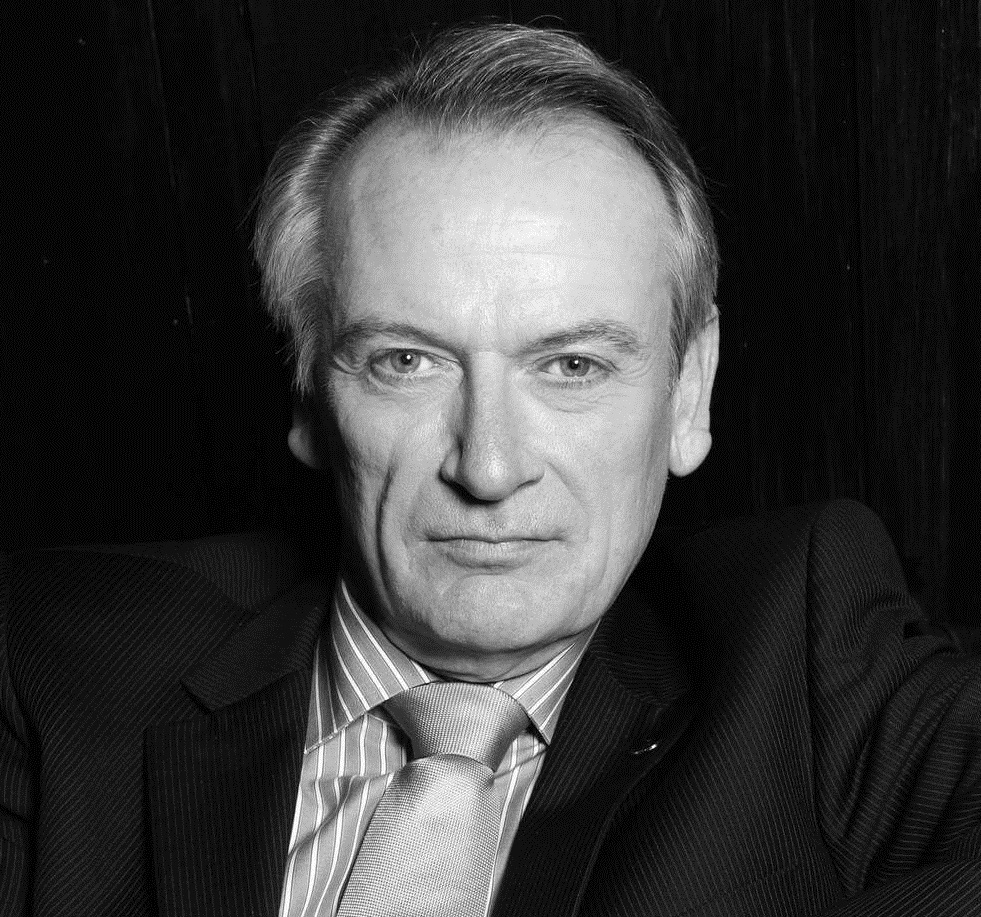Africa’s Blockchain Transformation

- Chris Skinner, Chairman at The Financial Services Club
- 16.05.2016 01:45 pm Blockchain
ValueWeb makes the contention that you cannot have an internet of things without a real-time and cheap internet of value. A core part of this is focused upon building a cheap shared ledger structure for digital identity and digital currencies and guess what? That cheap shared ledger is most likely going to be built in Africa. In fact, Devie Mohan of Thomson Reuters, one of the many fine speakers at Dot Finance, predicted that Africa would invent the global standard for digital identity and she may well be right.
After all, Africa cannot function as a continent if transactions are expensive and exclusive of citizens living on a dollar a day and the Bill & Melinda Gates Foundation have made it their priority to solve this problem. The Foundation is investing millions in Sub-Saharan Africa to solve this problem. Interestingly, some of those problems are now being solved by African Fintech start-up companies.
Here’s a couple of clues as to what’s happening.
First, in October 2013, Jonathan Ledgard and John Clippinger, respectively a director of Future Africa at the Swiss Federal Institute of Technology in Lausanne and a senior scientist at MIT’s Human Dynamics Group and chief executive of ID3, wrote an interesting piece in The Financial Times about the future of currency and identity in Africa. Here are a few key insights:
Open source software can be built as standard into every smartphone, tablet and wearable digital device. It will allow many of the poorest Africans to own their data through a highly secure “core identity”. That will make it harder for the state and companies such as Google and Facebook to scrape private data for their own ends.
One of the first results, we believe, will be to replace coins with a digital equivalent. At present, 99 per cent of low-value transactions in Africa are in cash. Within a decade, digital transactions will be standard, using devices such as electronic bangles, at almost no cost, in a virtual currency. Such currencies will be indexed to commodities and highly localised: not just one for Nairobi but, say, one for poor women’s savings clubs in Nairobi. All will work off a base currency reflecting the pan-African swagger of a rising continent. Its logo should be hefty; a pronking impala, perhaps.
An “impala revolution” will strengthen Africa as its population doubles by 2045 in a period of scarce jobs, expensive food and widespread destruction of nature. Optimistic scenarios have the average African living on $6 a day in 2030 compared with $1.20 today. Although a new middle class will benefit banks (or their disrupters), the continent’s economy will continue to be characterised by payments for a cabbage, a cigarette or use of a latrine. Coins are a blunt instrument for this: many are lost, many lose their value, they are expensive to mint. Mobile money schemes have rightly been praised but are already archaic, and better suited for paying school fees or church tithes than a banana. The average transaction in Kenya’s M-Pesa is more than $20.
By contrast, impala technology will raise standards of performance and transparency. It will help users build credit histories to secure micro loans for school, health and housing. Governments and aid agencies using their own versions of it will have verifiable means of disbursing their resources accurately and cheaply.
John Clippinger’s ID3 firm has developed Mustard Seed open source software to support the above vision. In fact, John and ID3 fellow co-founder Sandy Pentland, both with MIT, are members of the World Economic Forum Leadership Telecom Council and have been active working with the WEF in developing a new approach to protecting and sharing personal information, as well as developing new approaches to “digital governance”. As part of that effort, Mustard Seed https://idcubed.org/projects/mustardseed/ provides an open mobile platform to support developmental initiatives in health, education, agriculture and finance.
In order to create digital governance, ID3 along with many other African start-up firms are investing in blockchain developments, with notable companies such as Bitland and Bitsoko leading the way.
From Forbes:
A new Blockchain-based initiative in West Africa aims to stamp out corruption and is touting to “free up trillions of dollars” in locked capital for infrastructure development. It’s a bold stab by a bunch of tech pioneers from the US, Denmark, Ghana and further afield at fighting government corruption and empowering people through legal ownership … blockchain offers huge advantages in cost, transparency and reliability thanks to the immutable nature of decentralized ledgers … However, these benefits often fail to resonate due to the markets targeted and the way in which they are communicated. Still, the project from Bitland, a development platform embracing an educational initiative, aims to show the local population how the new technology can bring their country into the future.
If you want to know more about Bitland and their mission, you can read more in their 22-page white paper.
Bitsoko uses Bitcoin to revolutionize money transfer and remittance services. The company offers digital currency services ranging from remittance and money transfer services to payment processing for merchants at a fraction of the current rates. In June 2015, Bitsoko won a Grand Challenges Explorations grant from the Bill & Melinda Gates Foundation.
“Daniel Bloch of Bitsoko in Kenya will develop their mobile money platform known as Bitsoko, which integrates Blockchain technology for low-cost transactions mediated by bitcoins,” states the Grand Challenges website. “They have built a mobile wallet and a point-of-sale service for merchants that allows money to be easily and securely transferred around the world using only a Bitsoko username, phone number or bitcoin wallet address. Bitsoko will also offer simplified options for paying household bills and payrolls. They will raise awareness of their platform to scale up the number of users and merchants, and continue to evaluate the security and capability of the platform.”
For more on Bitsoko you can read their grant details.
Bitland, Bitsoko and ID3 are just three initiatives focused upon changing how Africans transact and transmit, with many others that are notable out there from BitHub to Bitpesa to Abra and more.
There is plenty happening in Africa with bitcoin, blockchain, digital identity and digital currencies to transform the continent from one where moving money is slow, expensive and often open to fraud to one that is fast, free and trusted. That will not only transform Africa but will change the world. Watch this space.
























